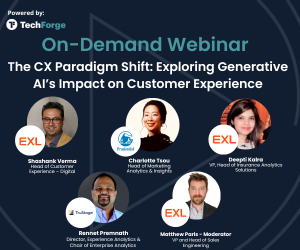Google creates new AI division to challenge OpenAI
Google has consolidated its AI research labs, Google Brain and DeepMind, into a new unit named Google DeepMind.
The move is seen as a strategic way for Google to maintain its edge in the competitive AI industry and compete with OpenAI. By combining the talent and resources of both entities, Google DeepMind aims to accelerate AI advancements while maintaining ethical standards.
The new unit will be responsible for spearheading groundbreaking AI products and advancements,...

















